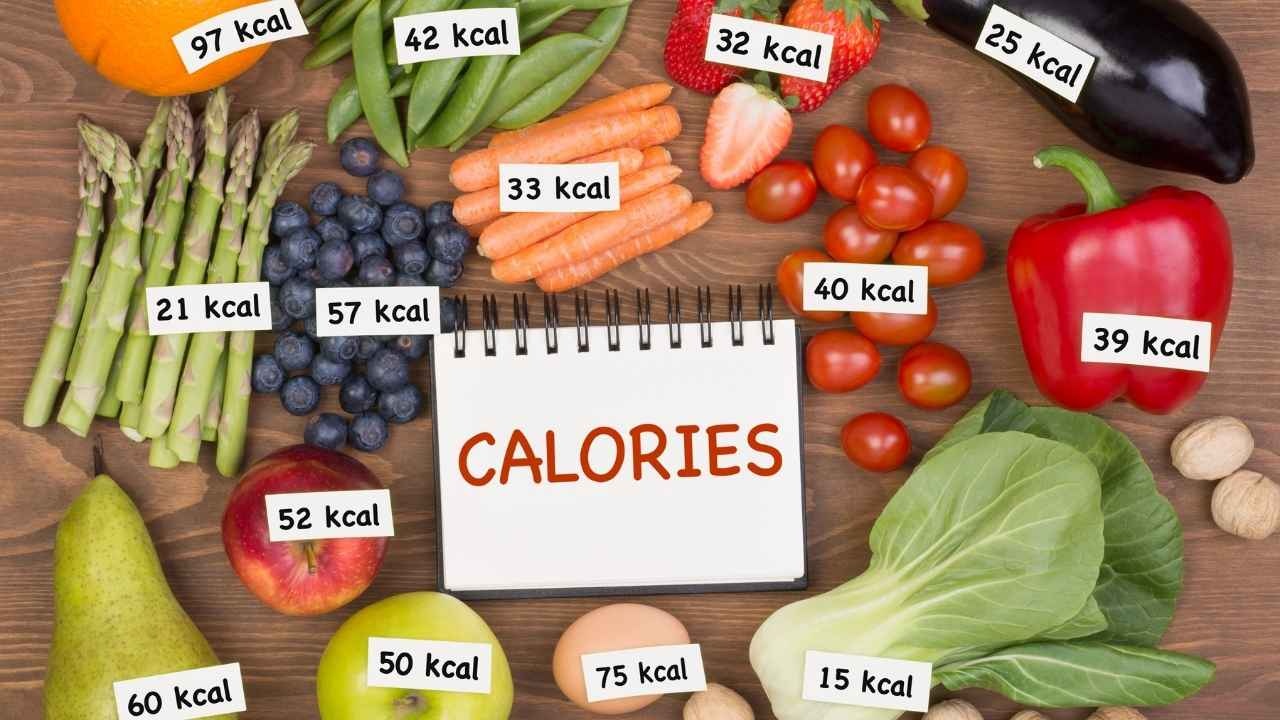
Paramount+ to Stream PBR’s 'Unleash the Beast' Liv
Paramount+ will stream PBR's elite 'Unleash the Beast' season live across the US from December; CBS

With wellness trends and meal-tracking apps everywhere, it’s easy to obsess over numbers. Still, a basic question lingers for many of us: how many calories should you eat each day to feel energetic and well?
There’s no single answer. Your best daily intake depends on your age, body shape, activity and personal goals. Eat too little and you’ll feel drained; eat too much and weight gain and sluggishness may follow. The aim is a steady, sustainable balance that keeps you nourished and active.
Think of calories as the energy units that power every part of your life — from breathing to thinking and moving. Food provides that energy in varying amounts and forms.
When consumption exceeds expenditure, the surplus tends to be stored as fat. If intake falls below what you burn, your body taps into reserves. Very low calorie intake over time can undermine metabolism and overall wellbeing.
So the goal is to eat enough to feel strong, alert and nourished.
Typical guidance from nutrition experts is:
Women: 1,800–2,200 calories per day
Men: 2,200–2,800 calories per day
But your lifestyle changes that number:
Sedentary: you’ll need fewer calories.
Moderately active: your needs rise modestly.
Highly active: you’ll require significantly more fuel.
In short:
If you eat more than you burn → weight increases.
If you eat less than you burn → weight drops.
If you eat about the same as you burn → weight remains steady.
Several elements shape how many calories you should eat:
Age: metabolic rate tends to decline with time.
Gender: men often burn more because of greater muscle mass.
Body size: larger bodies generally require more energy.
Activity level: the more you move, the more fuel you need.
Health goals: whether you want to lose fat, maintain weight or build muscle changes the target.
A practical starting point is your BMR (Basal Metabolic Rate) — the energy your body burns at rest.
For Women:
BMR = 655 + (9.6 × weight in kg) + (1.8 × height in cm) – (4.7 × age)
For Men:
BMR = 66 + (13.7 × weight in kg) + (5 × height in cm) – (6.8 × age)
Multiply that figure by an activity factor to estimate total daily needs:
1.2 → little or no exercise
1.5 → moderate activity
1.75 → very active
This approach gives a reasonable maintenance target you can adjust based on results.
Not all calories are created equal. Where your energy comes from influences satiety, mood and long‑term health.
Better choices: vegetables, fruits, whole grains, lean proteins, nuts and seeds.
Less helpful choices: highly processed snacks, fried foods, sugary beverages and refined carbs.
A plate balanced with nutrient‑dense foods supports steady energy, clear thinking and resilience over time.
Your body sends signals when intake is off.
If you’re under-eating:
Persistent fatigue or low energy
Dizziness or frequent headaches
Poor skin or hair changes
Emotional ups and downs
If you’re overeating:
Gaining weight or feeling bloated
Feeling sleepy after meals
Low drive or motivation
Slow digestion or discomfort
Pay attention — your body often knows what it needs before any chart does.
Nutritionists encourage gentle, sustainable habits rather than drastic measures:
Choose smaller, regular meals instead of skipping food.
Combine fiber, protein and healthy fats to stay fuller longer.
Limit sugary treats and highly processed snacks.
Keep hydrated — thirst is often mistaken for hunger.
Track your intake briefly to reveal patterns and pitfalls.
Steer clear of fad crash diets; they can reduce metabolic rate and backfire.
Eating well should sustain you, not feel like deprivation.
Calories provide essential energy — they aren’t the enemy. The priority is sensible choices, consistent habits and listening to your body.
You don’t need to count every calorie obsessively. Focus on mindful meals rich in vegetables, lean proteins, whole grains and water, paired with regular movement, and your body will tend toward a healthy set point.
Long‑term health grows from steady, sensible choices rather than short‑term extremes. Eat to nourish, move to feel strong, and let balance guide you.
This piece is for general information only and not a substitute for professional medical or nutritional guidance. Individual calorie requirements vary with age, medical history and activity. Speak with a registered dietitian or healthcare professional before making major dietary changes to ensure they suit your personal needs.